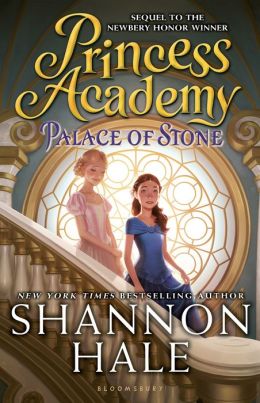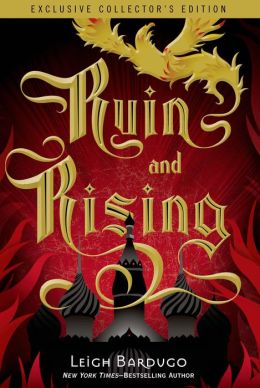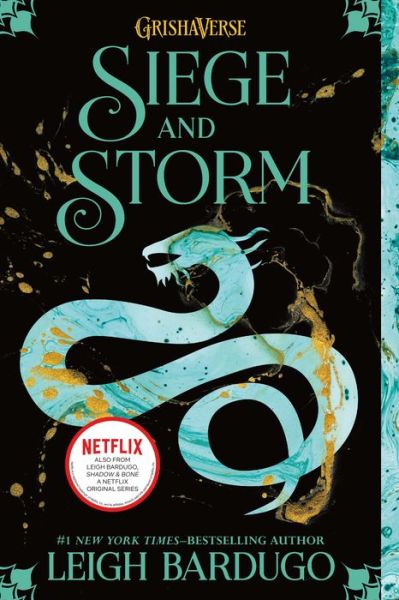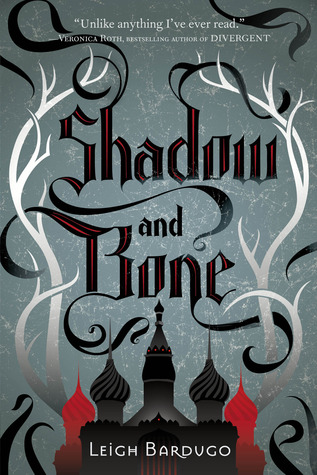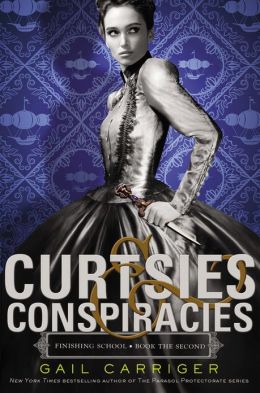Peder's not the only one with plans, though: Miri's going to attend the Queen's Castle university, thanks to some strings Britta pulled. She's hoping she'll be able to learn everything there is to know in just one year, but once she arrives, she realizes that there's more knowledge in the world than she could have ever imagined.
She gets to work, though, making friends with a merchant's son named Timon. Timon hangs out with a bunch of reformers who want to help the "shoeless" peasants of Danland by ending the monarchy. At first, Miri really enjoys the discussions she has with Timon and his friends - their points make sense, and she's afraid of what might happen to Mount Eskel if some of the king's harsher decrees get enacted. However, she's also fully loyal to Britta, and is slow to understand that the rebels don't just want her off the throne - they want Britta dead. The way they see it, she stole the opportunity to be the princess away from the "real" Eskelite girls.
As tensions rise and riots start, Miri has to figure out a way to support both the peasants and the princess. She uses the tools she knows best: lessons from the princess academy, manual labor, and quarryspeaking, which has its own equivalent in the royal family, eerily enough. (There's a reason only royals get to live inside the linder walled portion of the palace, apparently.) Will she be able to support Britta without abandoning the shoeless? And is Timon a better choice for her than Peder?
(Spoiler alert: no.)
I actually really enjoyed this book during this reread. I'd read it back when it came out, and I remember feeling a vague sense of disappointment for whatever reason. That feeling didn't come back to me this time around.
I think it helps that I'm a bit older: Miri's struggles in a new place feel very similar to going off to college in the real world, and it's easy to understand how hard it is for her to wrap her head around all these new viewpoints and opinions she's being exposed to. She also begins to question whether she feels more at home in Asland or on Mount Eskel, which is also relatable for any new college kid. Her final realization about which place is home is such a good realization for all of us.
I'm always gonna hate Timon, though. He's very cocky and doesn't seem to get that Miri's upbringing was not like his own, so of course she's not going to understand some of his opinions or decisions. He also can't seem to wrap his head around the fact that Miri and Britta are genuinely best friends, which spurs all the trouble in the last quarter or so of the novel. He really needs to realize that the way he sees the world isn't necessarily the right way to see the world.
Overall, Palace of Stone is a good read for anyone who's just gone off to college, even though they're not the "intended" audience. Miri's new challenges and experiences resonate well, and it's lovely to see all the Eskelite girls learn new skills they can bring back to the mountain when their year's up. Five stars.
